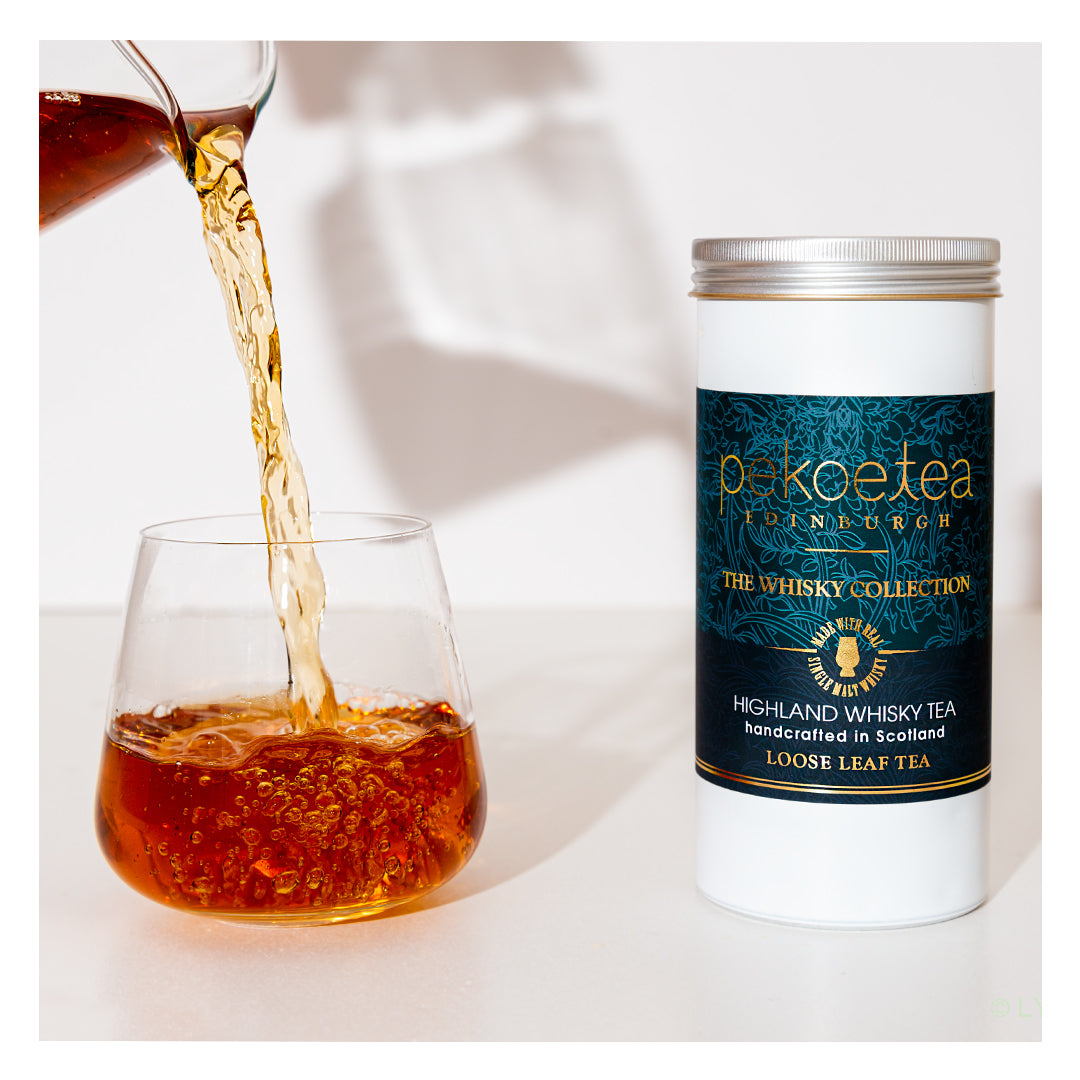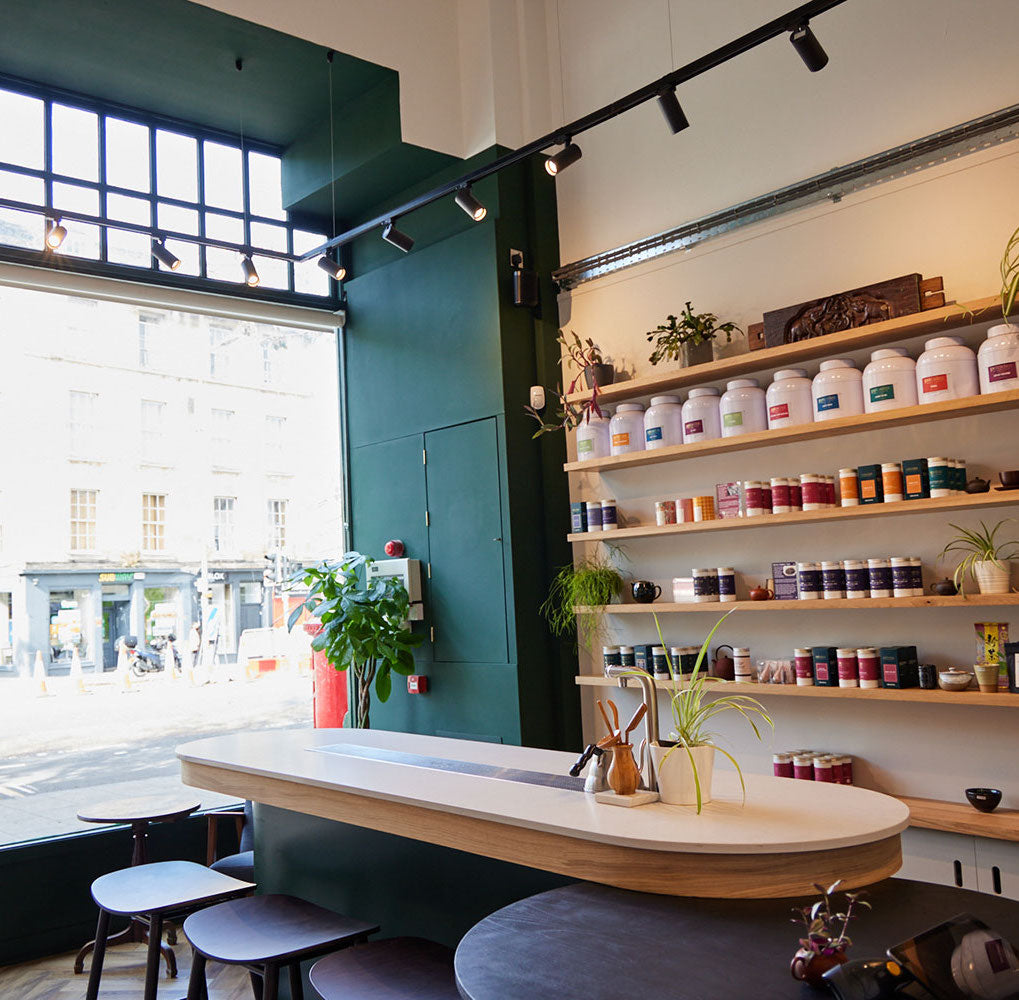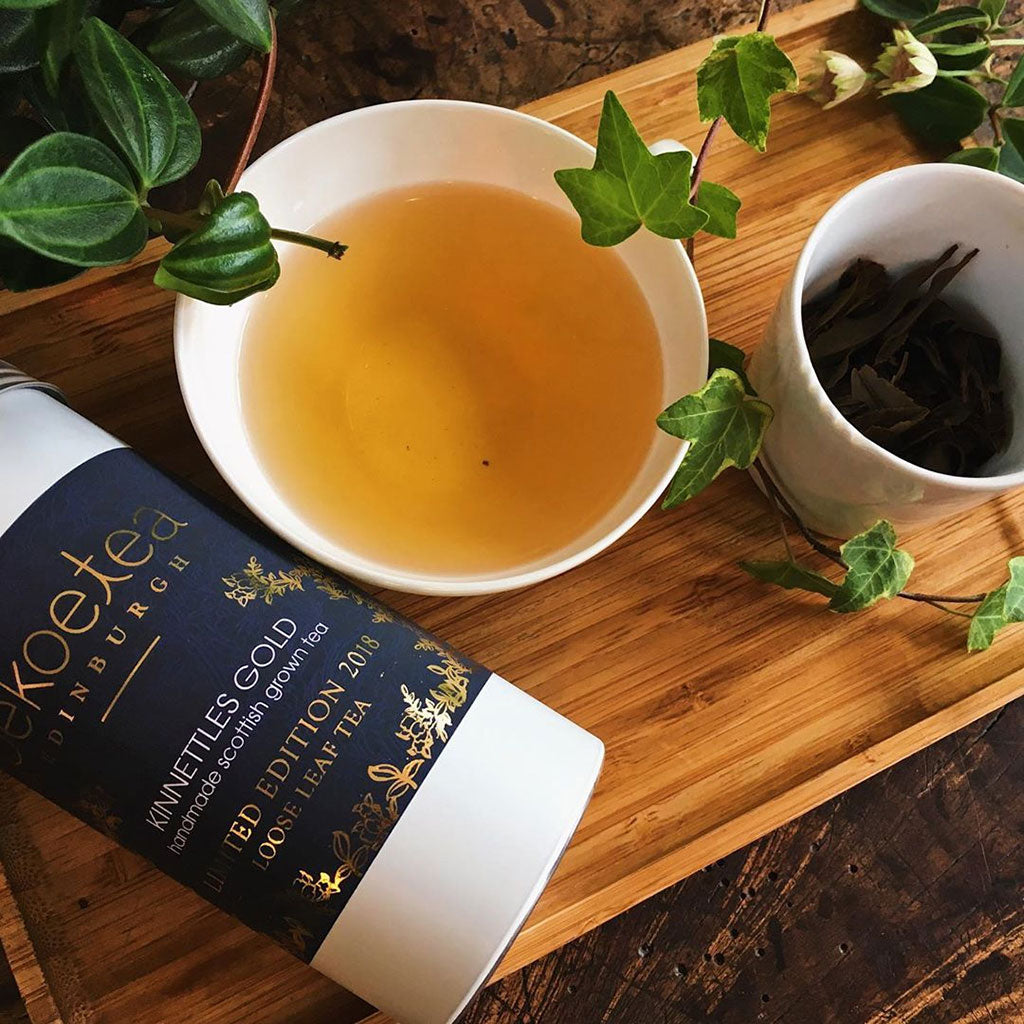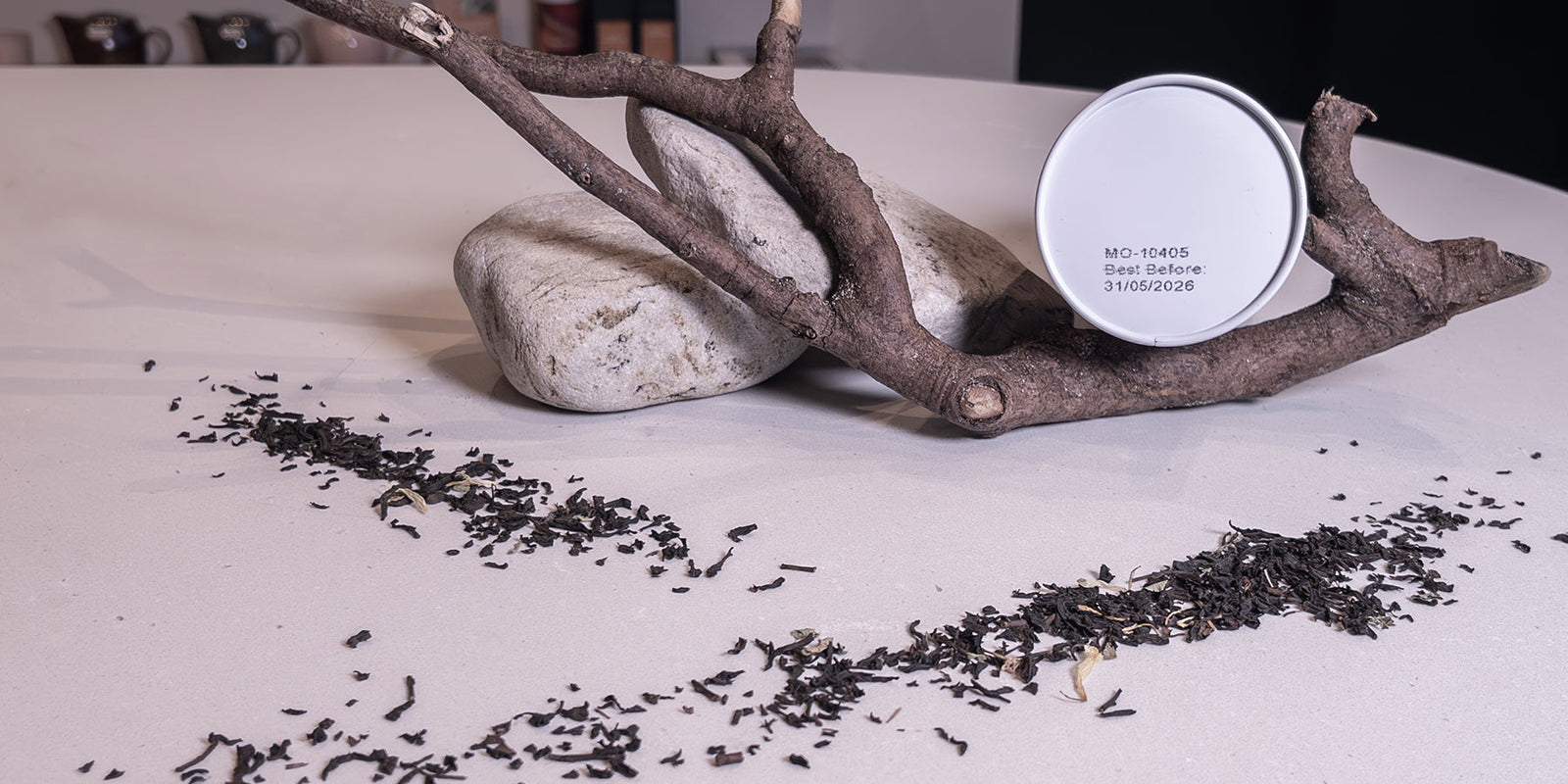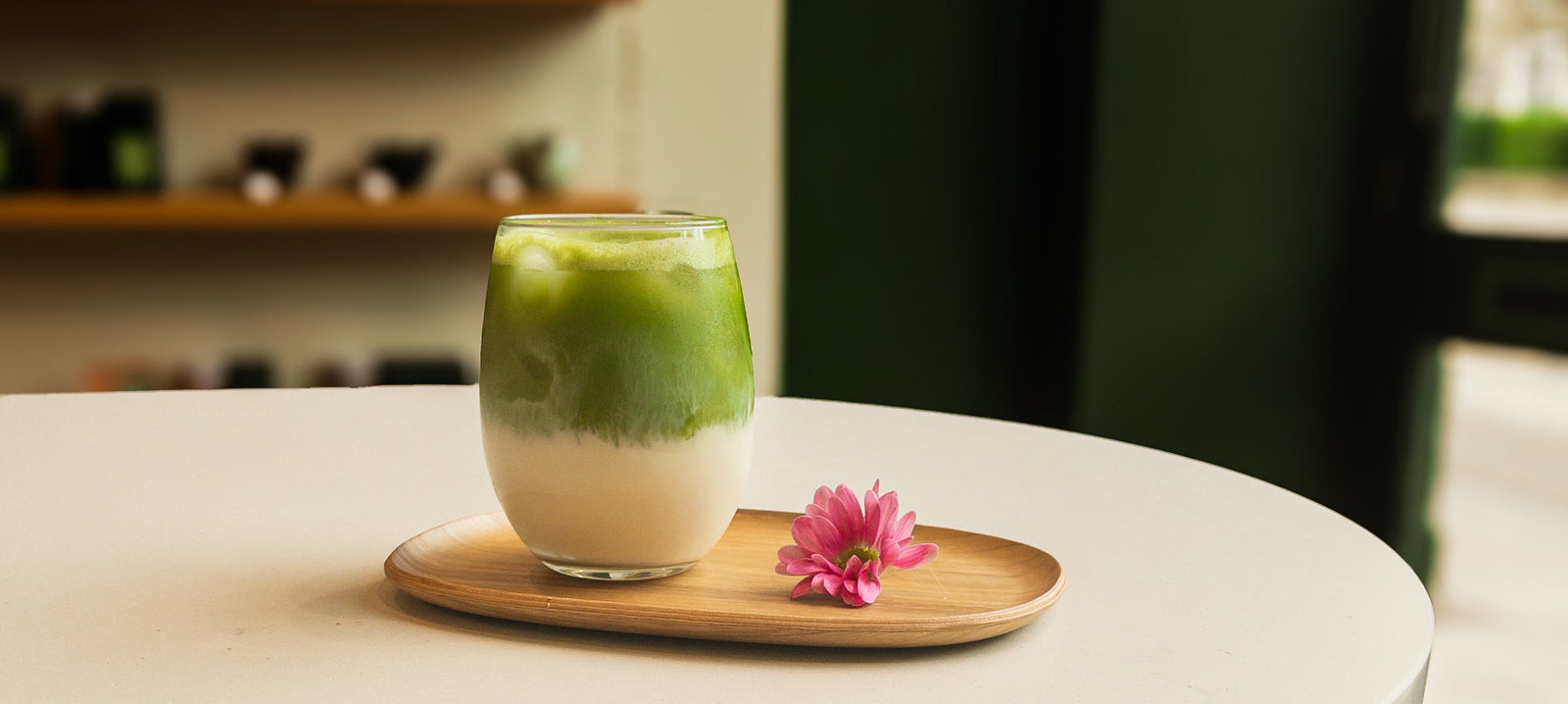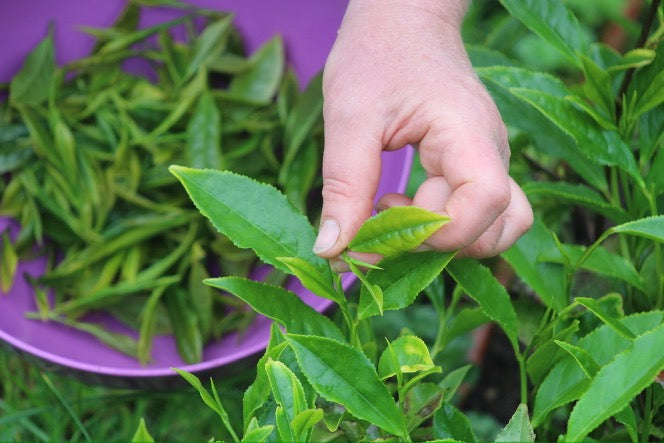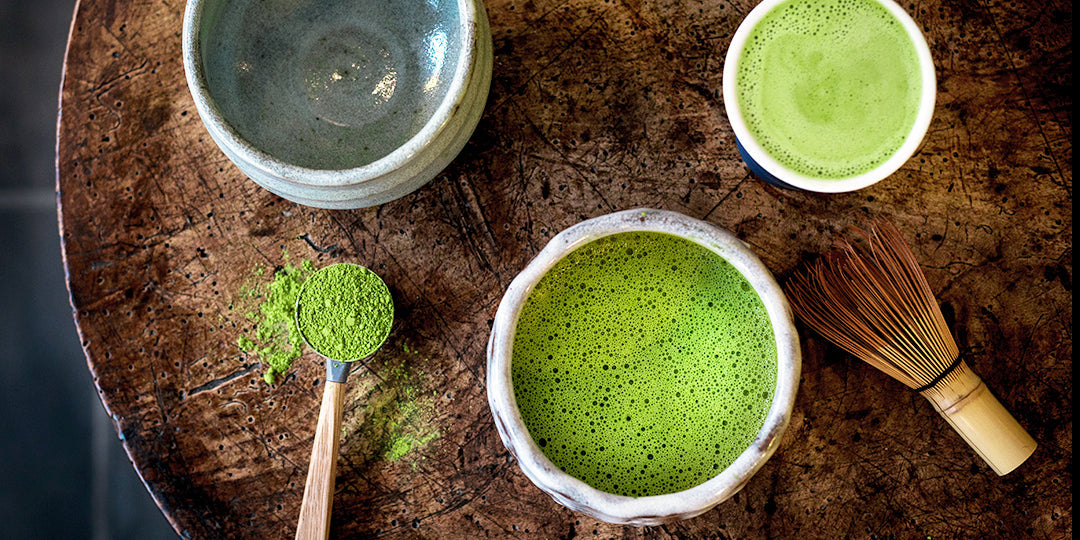Does Tea Expire?
You may wonder whether your tea can expire. The answer is no. Tea must have an expiration date printed on the packaging, but will typically be safe to drink long after that. Tea rarely expires, but it can lose its aroma and become stale. Tea is not a perishable food and will not turn rancid. However, certain factors can cause tea to degrade over time, losing its freshness and vibrancy.
The main factors that can cause tea to degrade are air, moisture, heat, and light. It is essential to store your tea correctly to keep it fresh and flavourful. The best way to store tea is in an airtight container in a cool, dry place away from direct sunlight. This will prevent the tea from absorbing moisture and protect it from heat and light. You can use glass jars, metal tins, or ceramic containers to store your tea, as long as they have a tight-fitting lid and are away from direct sunlight. Our caddies are great for storing tea and are opaque. Keep an eye out for our re-designed caddies that are launching very soon. Tea absorbs surrounding odours, so avoid storing tea alongside spices or other strong-smelling substances.
 It’s hard to say precisely how long your tea will stay fresh, given that storage and factors such as the humidity where you live will have an impact. In general, aim to use white and green teas within a year, light oolongs within two years, and dark oolongs and black teas within three years. Dark teas like pu’er, some oolongs, and some white teas can be aged for many years with proper storage and skill (look out for more on this in a future blog article).
It’s hard to say precisely how long your tea will stay fresh, given that storage and factors such as the humidity where you live will have an impact. In general, aim to use white and green teas within a year, light oolongs within two years, and dark oolongs and black teas within three years. Dark teas like pu’er, some oolongs, and some white teas can be aged for many years with proper storage and skill (look out for more on this in a future blog article).
The main indicators of the freshness of your tea are aroma and colour. The aroma of the tea will lose vibrancy over time and eventually become flat and lifeless. Musty, stale, or even sulphur-type smells can appear in teas that have been kept too long or stored incorrectly. You may notice a yellowing or darkening of the leaves on white, green, and light oolong teas. This is another indication that the leaves are past their best.
Loose-leaf tea typically has a longer shelf life than tea bags because it has less surface area exposed to air. Individually wrapped teabags will stay fresher for longer. Store your teabags in an airtight container rather than the cardboard box they usually come in. Matcha tea will also degrade quicker than other green teas due to its powdered form, so try to use your matcha within a couple of months of opening.
If your tea has lost its flavour or aroma, you can still use it in cooking or baking to add a subtle tea flavour to your dishes. For example, you can use green tea to flavour rice or black tea to add depth to a glaze or marinade.
In conclusion, tea can degrade, especially if not stored correctly. Still, it typically has a long shelf life if kept in an airtight container in a cool, dry place away from direct sunlight. Loose-leaf tea has a longer shelf life than tea bags. By following these simple tips, you can enjoy fresh, flavourful tea for months to come.

